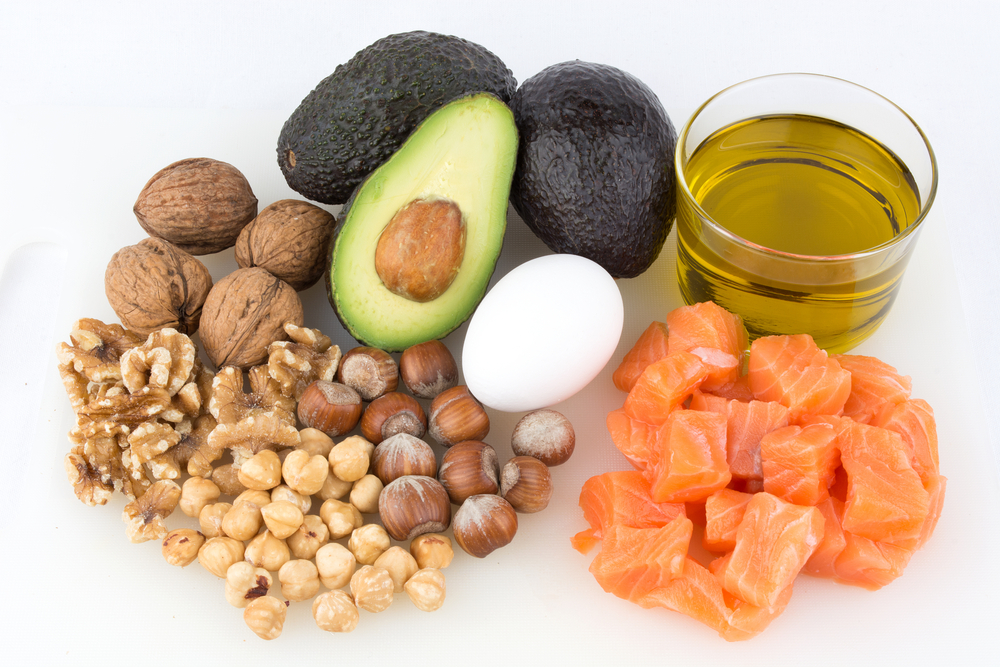
Which is healthier: fat-free chocolate pudding or a handful of nuts? Depends who you ask.
Earlier this year, the FDA asked KIND to remove the word "healthy" from the label of some of their snack bars. The issue? The FDA has a legal definition for the "healthy" claim on food labels: The food has to have a respectable amount of nutrients, contain 480mg of sodium or less, and be low in total fat and saturated fat. Though that chocolate pudding could make the grade, some KIND bars don't—because ingredients like nuts and coconut in them contain too much total fat or saturated fat to meet the definition.
So last week, KIND (with the support from some heavy hitters in the field of nutrition) filed a citizen petition with the FDA asking them to update their requirements for the "healthy" claim to make allowances for whole foods that are naturally rich in fat but also rich in nutrients, like nuts, avocado, and salmon.
After all, let's face it: The notion that fat-free or low-fat foods are automatically superior is as dated as a pair of pegged acid-washed jeans. (Unless those are back in style again.) The point is, we've learned a lot since the 1980s—for one, that eating a bunch of fat-free and low-fat foods doesn't make us healthier or slimmer, especially when those foods are fat-free cookies. We've also learned that the natural fats in foods like nuts and olives are actually good for us, by helping to reduce bad cholesterol levels and lower the risk for heart disease. The bottom line is that the quality of the foods we choose is more important than the number of fat grams we consume.
The FDA may have its own definition of "healthy" eating, but I have mine. To me, "healthy" eating isn't about looking at numbers for sodium, fat, or vitamin C on a nutrition label. As a dietitian, I still check out the digits on packaged foods (I especially like to know how much fiber and sugar a food contains). But at the end of the day, I think it's more important to focus on eating largely unprocessed or minimally processed foods (even if they're naturally rich in fat) and to choose fewer things with long ingredient lists that contain added sugars, preservatives, and artificial stuff—even if those foods are fortified with vitamins and minerals, like fortified sugary cereals or sports drinks. And even if those foods have the word "healthy" splashed on their package.
What does "healthy" food mean to YOU?
Sally Kuzemchak, MS, RD, is a registered dietitian, educator, and mom of two who blogs at Real Mom Nutrition. You can follow her on Facebook, Twitter, Pinterest, and Instagram. She collaborated with Cooking Light on Dinnertime Survival Guide, a cookbook for busy families. In her spare time, she loads and unloads the dishwasher. Then loads it again.
